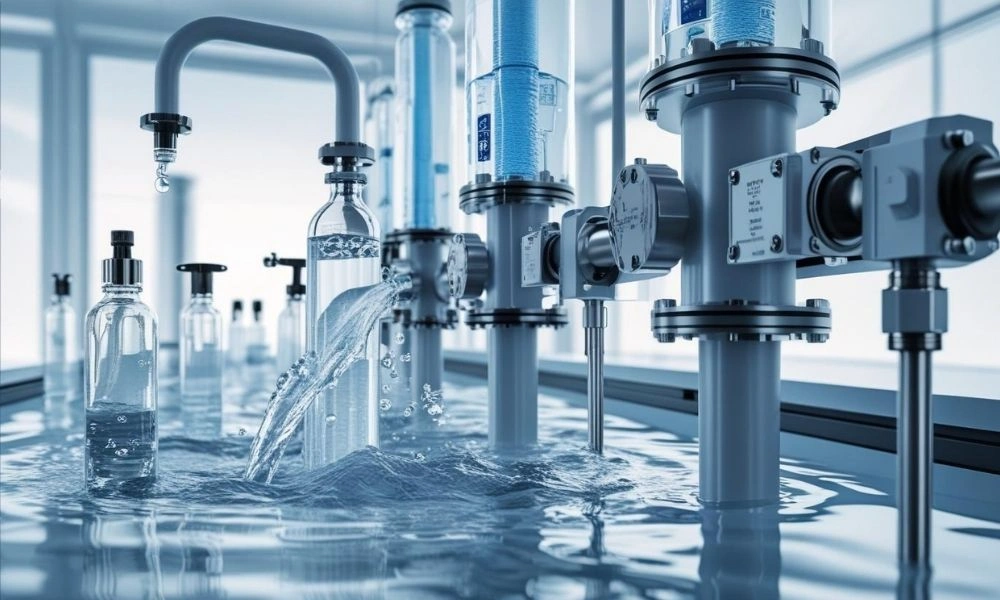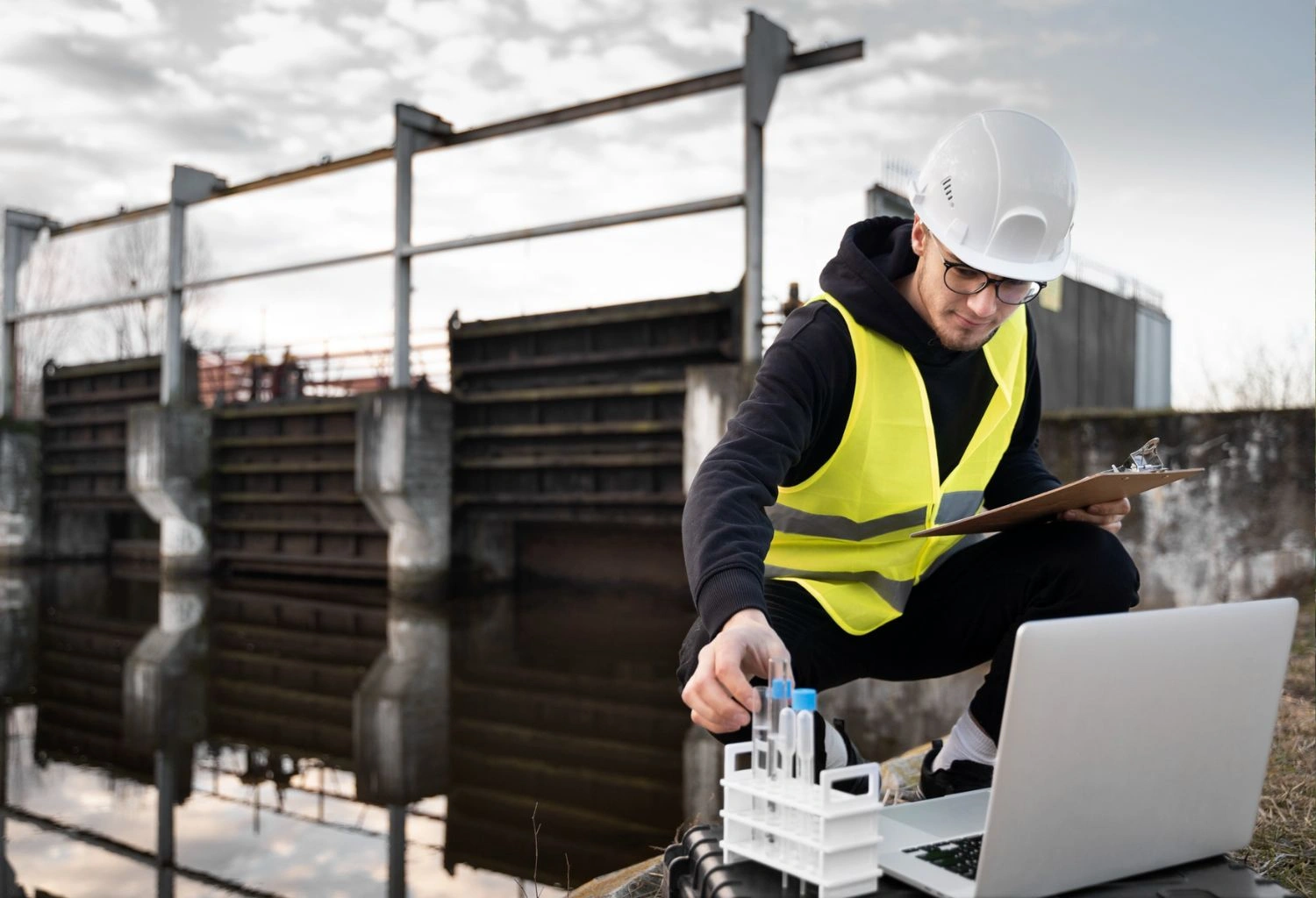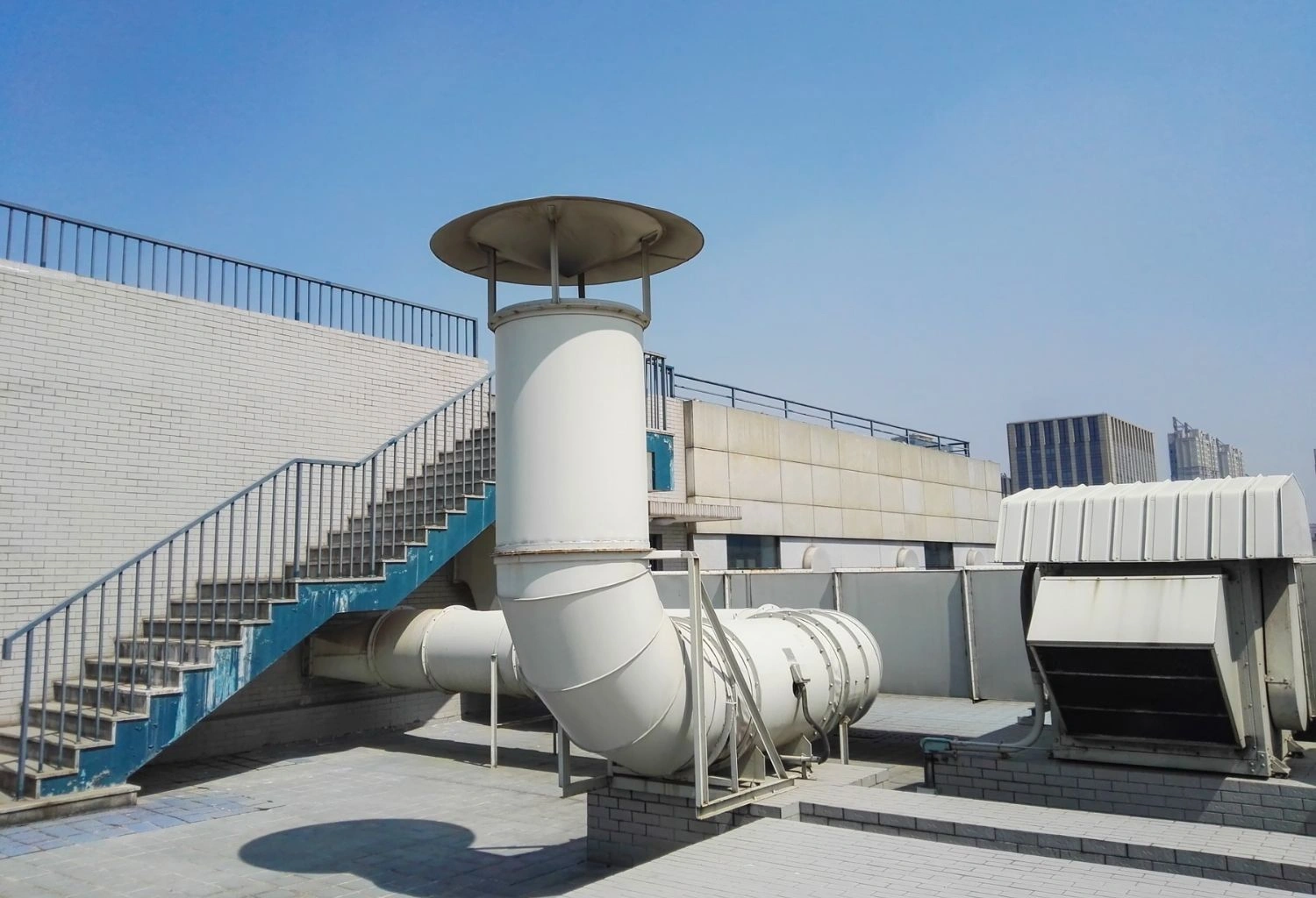Water Care Services Pakistan (WCSP) is an industry-leading ETP Plant Supplier in Pakistan, offering modern and sustainable wastewater treatment solutions. With expertise in bioremediation, AOP, and electrocoagulation, WCSP helps industries stay compliant and eco-friendly. Their ISO-certified systems are tailored for industrial needs, ensuring effective water treatment and long-term operational reliability.
Industrial Water Treatment Chemicals
Why Wastewater Treatment is Important in Pakistan?
Pakistan is an industrially developing country, but with that advancement comes the all-important challenge of wastewater. Industries discharge massive amounts of untreated water into rivers and land, ruining ecosystems and public health. The effective solution to this increasing issue is through Effluent Treatment Plants (ETPs), and selecting the best ETP Plant Supplier in Pakistan is the key to making this a reality.
What Is an Effluent Treatment Plant (ETP)?
Understanding the Purpose of ETPs
Effluent Treatment Plants are used to treat and clean industrial wastewater prior to releasing it into the environment. These plants remove toxic pollutants such as:
- Chemical waste
- Toxic substances
- Heavy metals
- Organic pollutants
- Suspended solids
Their main objective is to render water reusable and safe, either for discharge or for internal reuse.
Industries That Require ETP Plants
Several industries in Pakistan are mandated by law and environmental regulations to equip themselves with ETP plants, including:
- Textile and dyeing industries
- Leather and tannery units
- Pharmaceuticals
- Food and beverage processing
- Chemicals and fertilizers
- Oil refineries and petrochemical plants
WCSP – Reliable ETP Plant Supplier in Pakistan
Who Is Water Care Services Pakistan (WCSP)?
Established in 2007, Water Care Services Pakistan (WCSP) is a prominent ISO-certified organization offering state-of-the-art water and wastewater treatment systems throughout Pakistan. Their strength is in offering tailor-made, environmentally friendly, and efficient solutions to industrial clients.
Technologies Employed by WCSP
WCSP is not another ETP vendor. Their strength is in the new technologies they employ, such as:
- Bioremediation: Natural microorganisms employed to break down contaminants without generating sludge.
- Electrocoagulation: Electrochemical process that eliminates contaminants via electric current.
- Advanced Oxidation Process (AOP): Applies hydroxyl radicals in the breakdown of complex organic matter.
- MBBR (Moving Bed Biofilm Reactor): High-efficiency biological treatment method.
Benefits of Selecting WCSP for ETP Solutions
- ISO-certified solutions with international standards compliance.
- Energy-efficient technologies that lower operational costs.
- Low-maintenance systems designed for long-term performance.
- Customization to suit every industry and plant size.
- Technical assistance and training to ensure sustainability.
How ETPs Work – A Simplified Overview?
Step-by-Step Process of an Effluent Treatment Plant
Preliminary Treatment
Screening and grit chambers used to remove large solids, debris, and floating particles.
Primary Treatment
Sedimentation of suspended solids and floating materials in sedimentation tanks.
Secondary (Biological) Treatment
Decomposition of organic waste by bacteria or biofilms (as in MBBR).
Tertiary Treatment
Filtration, disinfection, and polishing that makes water safe for discharge or reuse.
Sludge Handling
Collection, thickening, dewatering, and biosolids disposal produced as a result of treatment.
Cooling Tower Water Treatment
WCSP’s ETP Solutions Benefits Industry
Compliance with the Environment and Sustainability
With increasing regulatory pressures from EPA Pakistan and environmental watchdogs worldwide, industries have no choice but to become responsible. WCSP guarantees that all ETPs installed are in compliance and enable businesses to escape fines and legal recourse.
Economic Benefits of ETPs
- Reuse of water saves the cost of fresh water
- Less penalty for non-conformity
- Tax benefits for green projects
- Enhanced brand image for being sustainable
Typical Characteristics of WCSP ETP Installations
Major Components Involved
- Pre-treatment tanks
- Aeration and mixing systems
- Biological reactors (MBBR, SBR, etc.)
- Filtration units (sand filters, carbon filters)
- Sludge drying beds or presses
- PLC-controlled automation systems
Options for Customization
- Modular units for small-scale industries
- Fully automated plants for large-scale factories
- Integration with SCADA or IoT systems
- Expansion-ready designs for future expansion
Why WCSP Is the Top ETP Plant Supplier in Pakistan?
With a history of serving more than 10 industries and 50+ projects in Pakistan, WCSP’s success lies in:
- Seasoned engineers and certified technicians
- Green, innovative technologies
- Open consultation and design procedure
- Efficient post-installation support
- Employment of international-grade materials and components
No matter if you run a textile mill in Faisalabad or a chemical plant in Karachi, WCSP has solutions that fit.
Conclusion
Selecting a proper ETP Plant Supplier in Pakistan is essential for industries wanting to comply with environmental regulations and save on water-related expenses. WCSP offers expertise, innovation, and reliability on every project to enable businesses to succeed sustainably. If your business cares about water conservation, compliance, and saving money in the long run, WCSP is the partner you are looking for.
Frequently Asked Questions (FAQs)
1. What is an ETP Plant and why is it important?
An Effluent Treatment Plant (ETP) treats industrial wastewater, removing toxic chemicals and pollutants to protect the environment, ensure legal compliance, and make water safe for reuse or safe disposal.
2. Which industries in Pakistan require ETP systems?
Industries like textiles, pharmaceuticals, chemicals, food processing, leather, and petrochemicals in Pakistan are legally required to install ETPs to treat harmful wastewater before releasing it into the environment.
3. Why choose WCSP as your ETP Plant Supplier in Pakistan?
WCSP offers ISO-certified, energy-efficient, and customizable wastewater treatment systems using advanced technologies like AOP, MBBR, and electrocoagulation for long-term performance and full regulatory compliance.
4. What makes WCSP’s wastewater treatment technology different?
WCSP uses advanced, sustainable technologies like sludge-free bioremediation, electrocoagulation, and AOP that minimize operational costs, reduce environmental impact, and require less maintenance than traditional systems.
5. How do WCSP ETPs help save money for industries?
ETPs reduce fresh water costs through reuse, prevent government penalties, improve sustainability ratings, and may qualify businesses for green tax incentives, offering both operational and financial benefits.
6. What is the basic process of an ETP system?
ETPs include preliminary screening, sedimentation, biological treatment (like MBBR), tertiary filtration, and sludge handling—ensuring that the water is safe for disposal or reuse in plant operations.
7. Are WCSP’s ETP systems scalable for different plant sizes?
Yes. WCSP offers modular designs for small industries and fully automated, large-scale systems for factories, ensuring every solution fits current needs and allows for future expansion.
8. Does WCSP offer support after installation?
Absolutely. WCSP provides full operational training, preventive maintenance, spare parts, and 24/7 technical support to ensure your ETP runs efficiently and meets environmental standards.
9. Can WCSP integrate ETPs with digital monitoring systems?
Yes. WCSP systems can be integrated with SCADA or IoT-based platforms, allowing remote monitoring of flow rate, pH, turbidity, and system performance for real-time control.
10. How long has WCSP been supplying ETPs in Pakistan?
WCSP has been delivering customized wastewater treatment solutions since 2007, successfully completing 50+ projects across industries nationwide, making them a top-tier ETP supplier in Pakistan.



